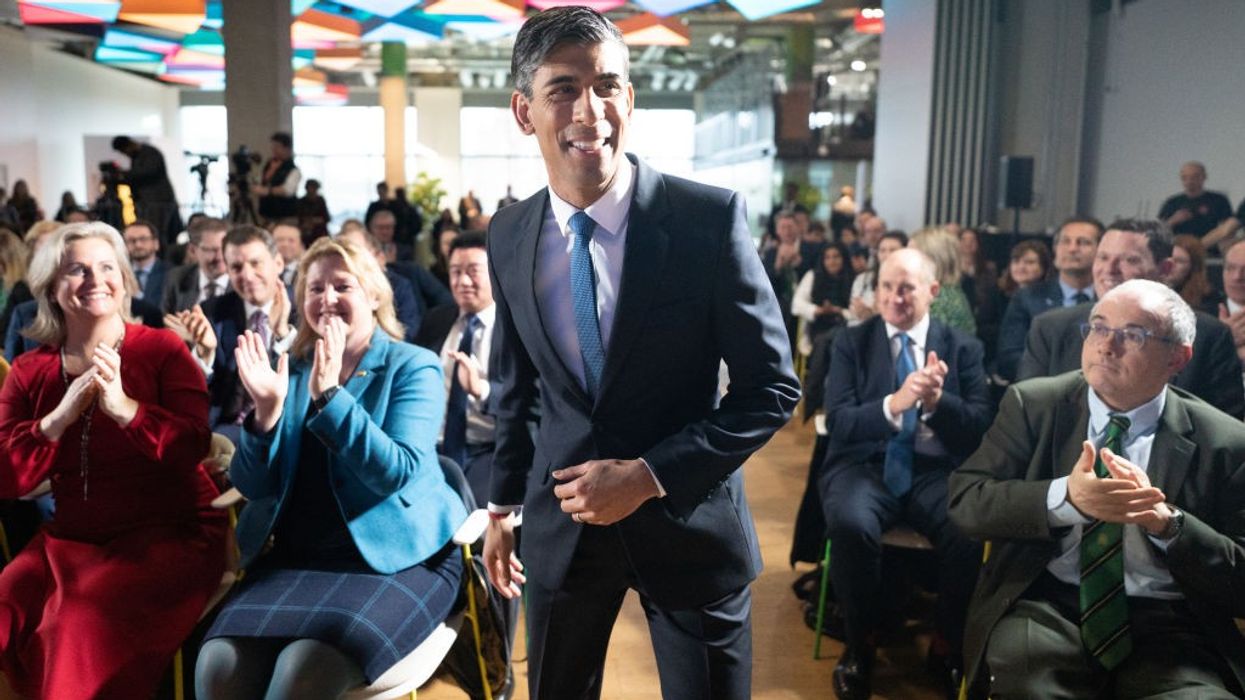British Prime Minister Rishi Sunak could set out details of a planned new law to curb strikes as soon as Thursday, The Times reported, saying ministers intend to make industrial action illegal in some sectors if minimum service levels are not met.
The Times newspaper said the legislation would enforce minimum service levels in six sectors, including the health service, rail, education, fire and border security, which would require a proportion of union members to continue working.
Britain has faced a wave of industrial action over the last few months, with strikes crippling various sectors including the rail networkset to continue as surging inflation follows more than 10 years of stagnant wage growth.
The strikes would be deemed illegal if unions refused to provide the minimum level of service, the newspaper quoted a government source involved in the discussions as saying.
Employers would be able to sue unions and sack staff under government plans to curb the right to strike, the report added.
The Prime Minister's office declinedto comment. On Wednesday Sunak said the government would set out its next steps "in the coming days".
Opposition Labour leader Keir Starmer said if his party won the next election, expected in 2024, it would repeal the law.
"We'll look at what they bring forward, but if it's further restrictions, then we will repeal it," Starmer said during a question and answer session following a speech on Thursday.
"I do not think that legislation is the way that you bring an end to industrial disputes. You have to get in the room and compromise."
Sunak told Daily Mail in an interview last month the new law would protect people's lives and minimise the disruption to their livelihoods.
The head of rail union ASLEF, Mick Whelan, told Reuters Britain already had among the worst trade union laws in Europe.
"Surely people have a right to strike. I don't see any pernicious legislation coming forward to deal with bad employers," he said.
(Reuters)




